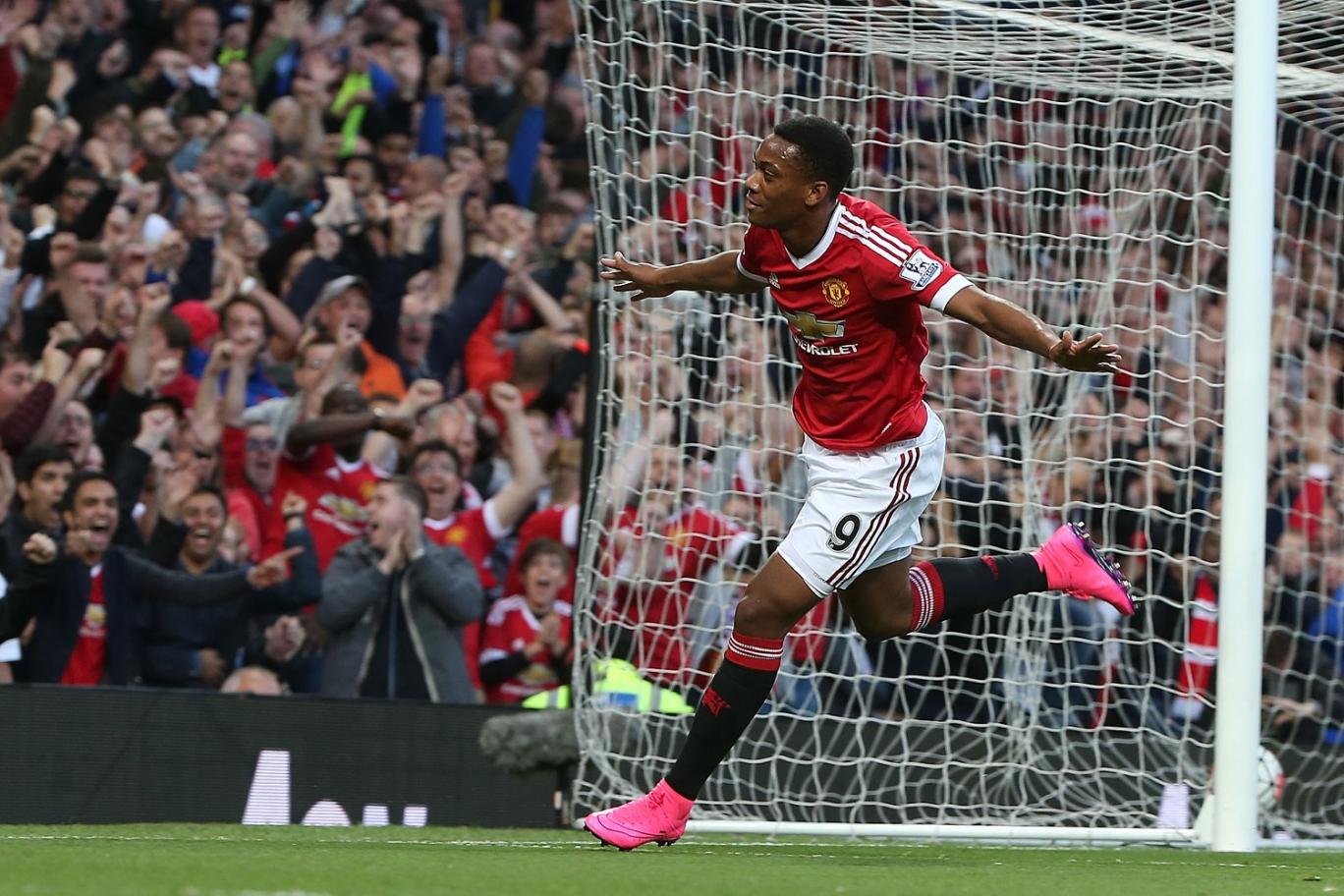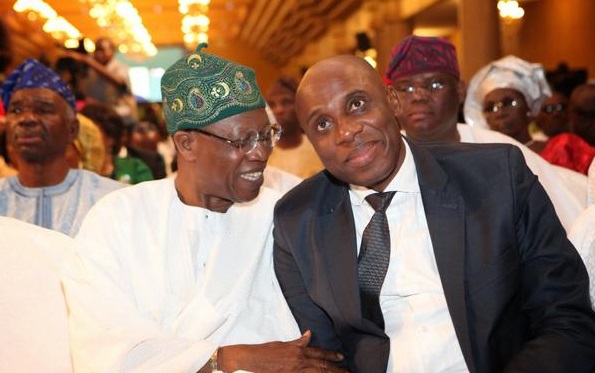Sport content on pay-TV is a must-have for any provider. Sport in general has a lot of following. Football, especially live broadcast of it from the prestigious European leagues and international competitions, is a big draw. This explains why the rights to sport content keeps attracting higher fees anytime there are negotiations for them.
Early last year, Sky, the British broadcaster, which paid over £4 billion to acquire a lion’s share of the rights to England’s Barclays Premier League, had to increase its subscription to cover costs, which ballooned by 70%.
Live sports, it is widely agreed, is the lifeblood of pay-TV. Sport accounts for half of the programming costs of television and television accounts for more than half the revenue of many professional sports. Professional sport, without TV, is unlikely to exist in the form we know it. And without sport, the pay-TV package will be considered worthless by most subscribers.
The huge cost of sport content affects even pay-TV viewers who are not sports fans because of the way the industry is structured. Sport content owners continue to demand more money because the demand for their product is high and unlike other video entertainment, is not readily available on internet services. Sport content providers contend that sports constitute the most critical piece of programming holding the entire pay-TV structure together, specifically because live sports is extremely valuable in attracting and retaining subscribers.
Advertisement
This situation, of course, regularly leads to subscriber dissension/rebellion and finger-pointing, always in the direction of pay-TV companies which are simply vendors.
In the US, the rise in the cost of live sports on TV, radio and digital devices is put at 19% yearly. The rise in programming costs suggests that the hike in subscription rates is not attributable to meanness on the part of pay-TV companies, but to sports economics, which has been described by an author as “television economics” because of its centrality to the pay-TV structure. The huge cost of sport content also explains why providers will be committing financial suicide by offering their expensively acquired content on lower or skinnier bouquets.
Even with the rising costs, pay-TV is still cheaper than many other forms of entertainment on a per hour basis, notably movies.
Advertisement
Watching a two-hour movie at a cinema will cost between N1,500 and N2,000.
It costs a lot less on pay-TV.






